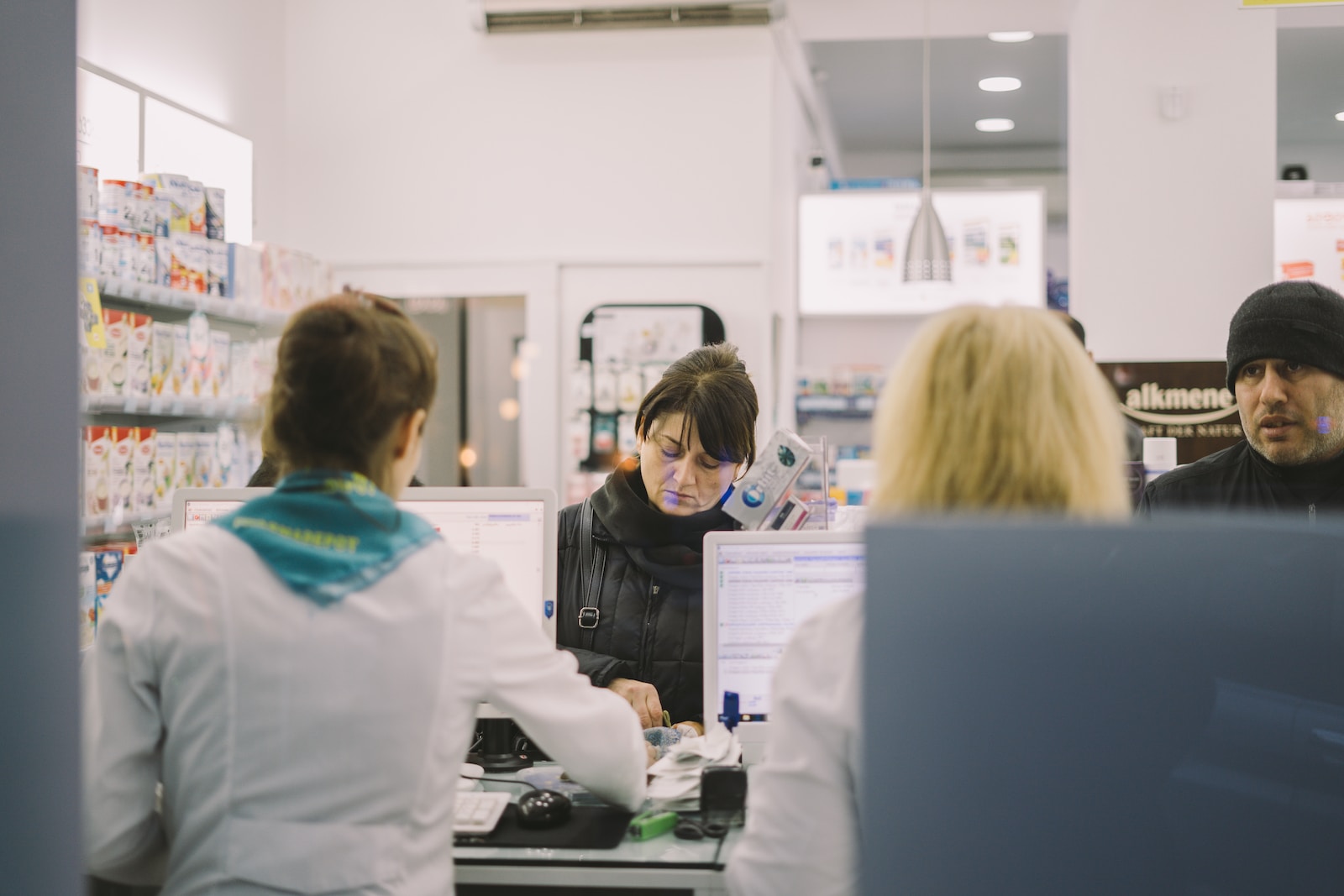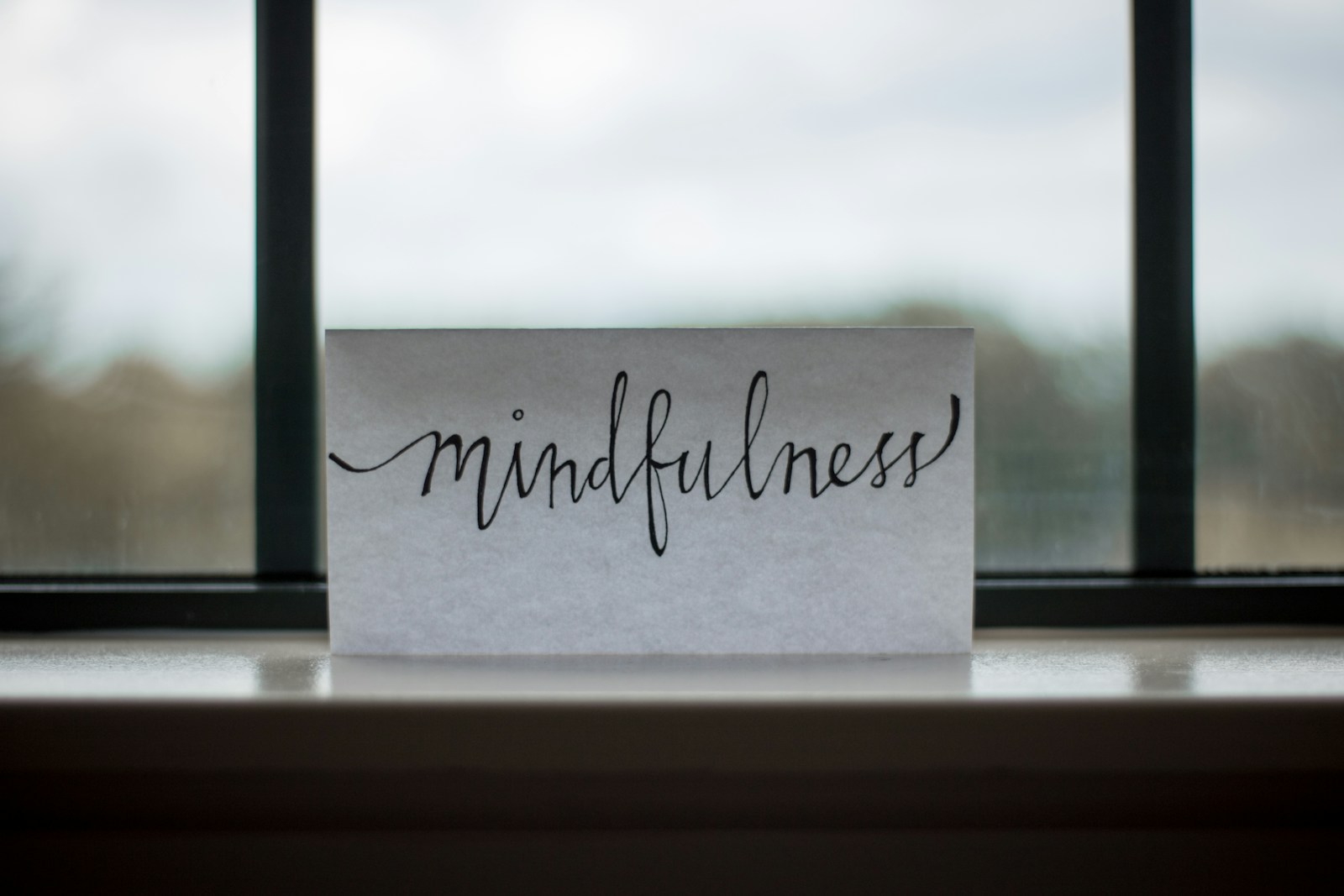
Image Source: FreeImages

Introduction
Pharmacy has come a long way in its historical development, both in China and other countries. As the demands of human health and social development evolve, there is a need for a progressive approach to pharmaceutical education. In this article, we will explore the concept of Holistic Integrative Pharmacy (HIP), its connotation, and its potential to shape the future of pharmacy education. By integrating knowledge from various fields, HIP aims to produce qualified graduates who can contribute to the vision of a healthier society.
The Evolution of Pharmacy Education
Pharmacy education has been an integral part of healthcare systems globally. However, as we strive to address the complex health challenges of the 21st century, the traditional approach to pharmacy education needs to be reevaluated. The concept of HIP offers a new perspective, emphasizing the integration of knowledge from different fields to provide a comprehensive understanding of health and wellness.
Understanding Holistic Integrative Pharmacy
Holistic Integrative Pharmacy (HIP) is an innovative approach that combines traditional pharmaceutical knowledge with insights from other disciplines such as nutrition, herbal medicine, psychology, and lifestyle interventions. The goal is to develop a holistic understanding of health and provide patient-centered care that goes beyond the prescription of medications.
HIP recognizes that health is influenced by various factors, including genetics, environment, lifestyle, and social determinants. By integrating these elements, pharmacists trained in HIP can provide personalized care that addresses the root causes of health issues and promotes overall well-being.
The Necessity of Holistic Integrative Pharmacy Education
The current healthcare landscape demands a shift towards preventive and personalized care. As the burden of chronic diseases continues to rise, there is a need for pharmacists who can collaborate with other healthcare professionals and play an active role in promoting health and preventing illness.
Holistic Integrative Pharmacy education equips future pharmacists with the knowledge and skills to meet these challenges. By understanding the interplay between different aspects of health, pharmacists trained in HIP can contribute to the creation of a healthier society.
The Benefits of Holistic Integrative Pharmacy Education
Holistic Integrative Pharmacy education offers several advantages over traditional pharmacy education. Here are some of the key benefits:
- Comprehensive Understanding: HIP education provides a broader perspective on health and wellness, enabling pharmacists to address the root causes of health issues and provide personalized care.
- Collaboration with Other Healthcare Professionals: By integrating knowledge from various fields, pharmacists trained in HIP can collaborate effectively with other healthcare professionals, such as physicians, nutritionists, and psychologists, to provide comprehensive patient care.
- Promotion of Preventive Care: HIP education emphasizes the importance of preventive care and lifestyle interventions. Pharmacists trained in HIP can educate patients about healthy living practices and help prevent the onset of chronic diseases.
- Improved Patient Outcomes: By adopting a holistic approach, pharmacists can contribute to improved patient outcomes. They can identify potential drug interactions, optimize medication regimens, and support patients in managing their conditions effectively.
International Perspectives on Holistic Integrative Pharmacy Education
Holistic Integrative Pharmacy education is gaining recognition worldwide. Let’s take a look at how several nations are embracing this progressive approach:
United States
In the United States, there is a growing emphasis on integrative medicine and personalized care. Several pharmacy schools have started incorporating integrative pharmacy concepts into their curricula. These programs equip future pharmacists with the knowledge and skills to provide patient-centered care that extends beyond traditional medication therapies.
China
China has a rich history of traditional medicine, and the concept of holistic healthcare is deeply ingrained in its culture. In recent years, Chinese pharmacy schools have started integrating traditional medicine knowledge with modern pharmaceutical education. This approach aims to produce pharmacists who can provide comprehensive care by leveraging the strengths of both traditional and modern medicine.
Europe
In Europe, there is a growing recognition of the importance of integrative healthcare. Several European countries have established integrative pharmacy programs that focus on the integration of conventional and complementary medicine. These programs equip pharmacists with the skills to provide evidence-based care that combines the best of both worlds.
The Future of Holistic Integrative Pharmacy
As the field of healthcare continues to evolve, the importance of Holistic Integrative Pharmacy education will only grow. The integration of knowledge from different fields will become increasingly essential in addressing the complex health challenges of the future.
Pharmacists trained in HIP will play a crucial role in promoting health and wellness, preventing illness, and optimizing patient outcomes. By embracing a holistic approach, we can create a healthcare system that is truly patient-centered and focused on improving overall well-being.



